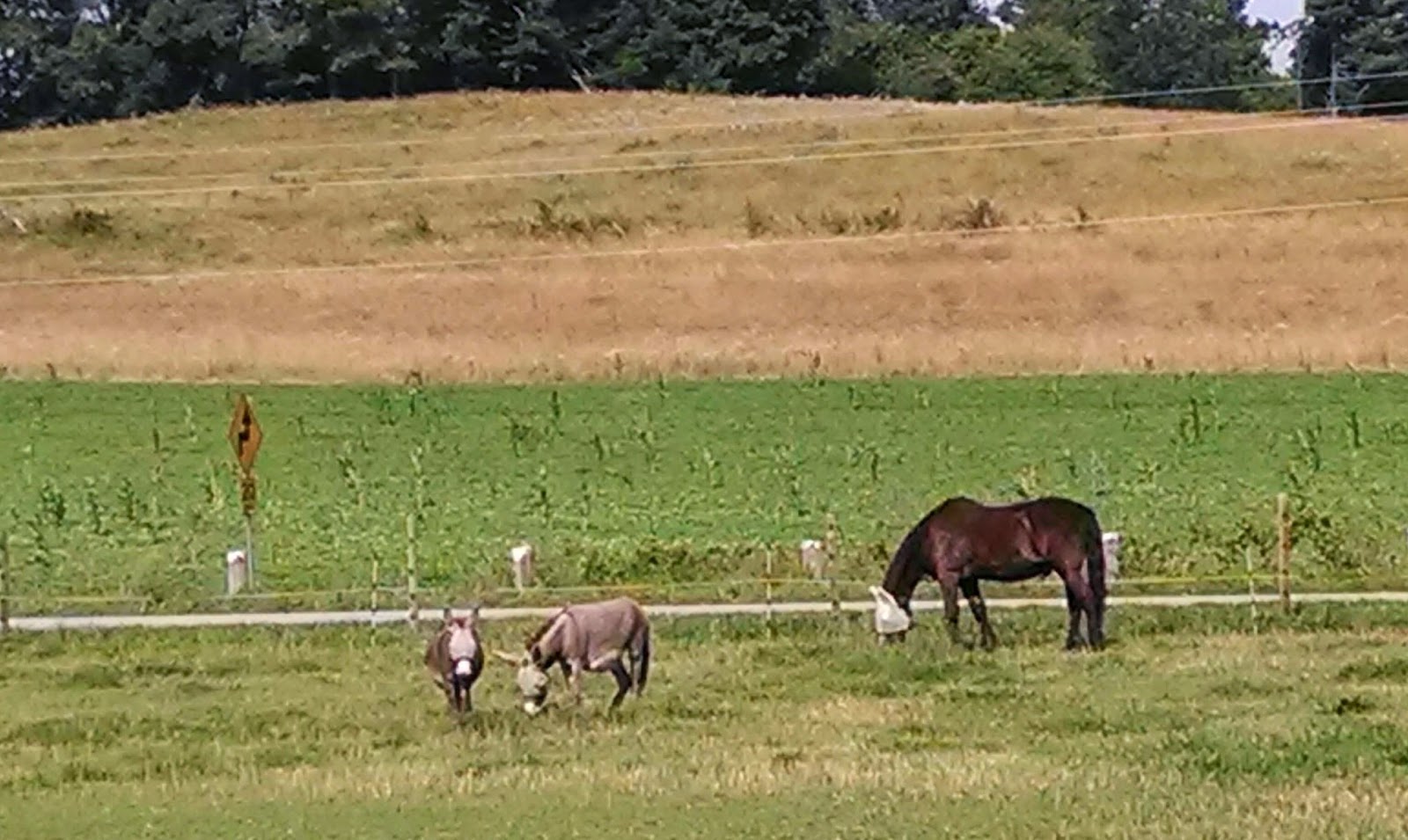Scott Persons is known around the world as THE expert on growing ginseng in the woods. His book, American Ginseng Green Gold is a classic book on the topic.

Scott was good friends with my predecessor in my faculty position at NC State University. That is Dr. Tom Konsler. Tom did research on growing ginseng and some of that work is highlighted in the book. Tom retired in 1987 and I took over his position in 1988. I picked up research and extension responsibilities for ginseng and added other herbs, both medicinal and culinary. Scott and I became acquainted and were on several educational programs together. When it came time for him to revise the book, he asked me to read it over and help edit it. When it came time to revise the book again, he suggested to his publisher, Bright Mountain Books, that they change the format somewhat and include other woodland herbs. Scott approached me about doing that and our book, Growing and Marketing Ginseng, Goldenseal, and Other Woodland Botanicals, was born.

I will always be grateful to Scott for inviting me to coauthor that book with him. What an opportunity it was for a first time author! He helped me make the transition from being a technical writer to a more personal one fairly easy. The folks at Bright Mountain Books were also incredibly helpful. After that book was published, it too quickly developed a reputation for being the go-to authorative source for information on growing the most popular forest botanicals used in the medicinal herb industry.
When it came time to revise that book, we had some big decisions to make. Our publisher was retiring and shutting down her business. So we began the search for a new publisher. I was also interested in expanding the book to serve the growing home gardener interest in woodland botanicals. I started approaching publishers that I thought might be interested in our book and was very excited when
New Society Publishers in British Columbia said they wanted it. I LOVE their books and their philosophy; they are all about sustainable, green living. What a great fit! And so, the revised, updated expanded version of Growing and Marketing Ginseng, Goldenseal, and Other Woodland Medicinals was created.
Working with New Society Publishers has been a delight. They have a great team of people to help authors through the long and complicated process of writing, editing, and marketing a book. And they make it fun. So, the book is just out now and Scott and I are both very proud of it. The book is beautiful, the format is easy to read, and it feels good in your hands. It is a big book, over 500 pages, chock full of iniformation on how to grow, harvest, dry, sell, and enjoy these wonderful plants. So, if this topic is of interest to you, pick up a book. You can order one signed by me, Jeanine Davis, right here on this blog. You can order one signed by Scott Persons by contacting him at
Tuckasegee Valley Ginseng, P.O. Box 236, Tuckasegee, NC 28783, (828) 293-5189. Some of your local, independent booksellers will carry it, and they all can order it for you. And the big online discount booksellers carry it, too. The suggested retail price for the book is $39.95, but it is available for a WIDE range of prices already. Hope you enjoy it!












